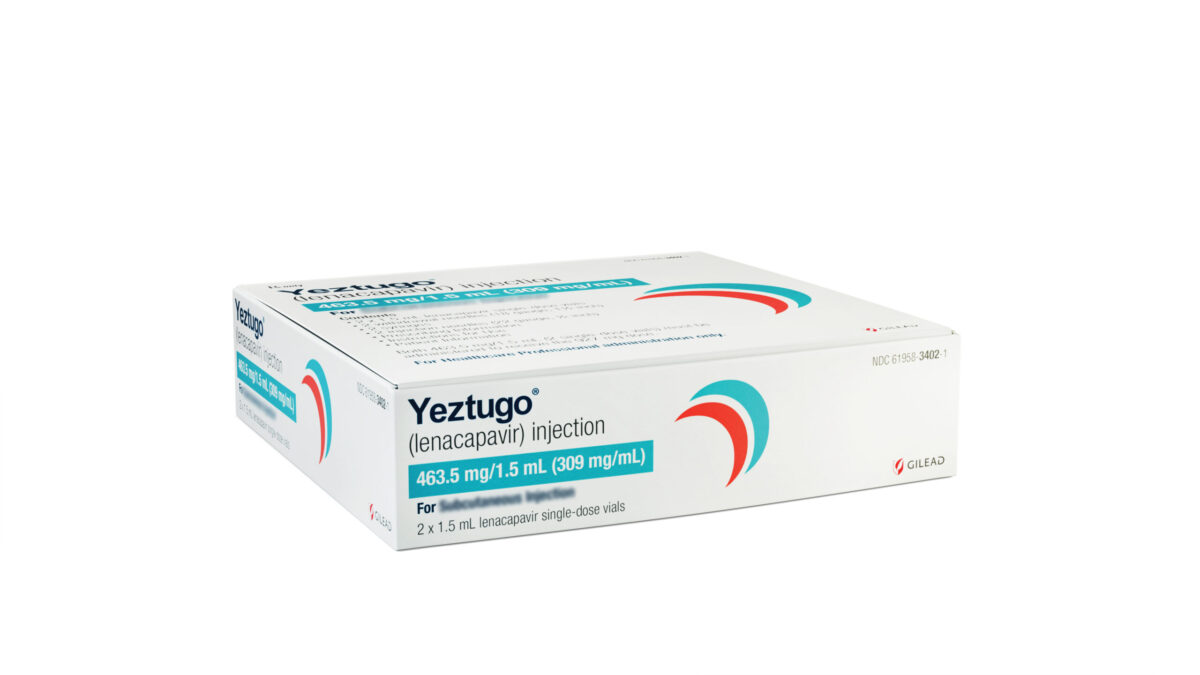University of Adelaide researchers have shown that a similar drug to that which is used to treat opioid overdoses, (+)-naloxone, could show promise in the prevention of pre-term birth. The research – which was published in the Nature journal, Scientific Reports – provides a more in-depth understanding of the inflammatory response that can lead to premature labour.
(+)-Naloxone is a small molecule TLR4 antagonist, and a version of the drug which has no affinity for opioid receptors. This drug has a different mode of action compared to its counterpart, (−)-naloxone, because they are mirror images – or, enantiomers – of each other.
The researchers chose (+)-naloxone as a potential candidate for the study, due to its ability to inhibit pro-inflammatory pathways. When the drug was administered to pregnant mice, pre-term births were completely prevented, leading to a lower infant mortality rate and more consistent birth weights.
Pre-term birth is defined as that which occurs before 37 weeks of gestation. As the leading cause of death in children younger than five, pre-term birth results in 1.1 million annual deaths.
“New interventions are urgently needed to tackle the underlying causes of pre-term birth, prevent infant deaths and reduce the impact of a wide range of developmental impairments which can have lifelong health consequences,” said lead author and Director of the Robinson Research Institute, Professor Sarah Robertson. Twelve percent of all worldwide births are pre-term.
Bacterial infection has been identified as the cause of approximately half of all cases of pre-term birth. Other factors which increase the risk of premature labour include physical injury and stress, carrying multiple children and environmental pollutants. If a pregnant women is exposed to any of these risk factors, an inflammatory cascade can be triggered which activates the maternal immune system leading to pre-term birth.
An immune receptor known as TLR4 is responsible for initiating the inflammatory cascade in the case of physical injury or stress. While the receptor is necessary for a fully-functional immune system, its activities during pregnancy could be dangerous for both mother and baby.
“TLR4 is a trigger of spontaneous pre-term birth,” said Robertson. “For this reason, we wanted to test a drug known for its ability to block the actions of TLR4, to see if that would also prevent pre-term birth.
“We found that by treating pregnant mice with (+)-naloxone, it provided complete protection against pre-term birth triggered by bacteria. It also protected against stillbirth and infant death shortly after birth, and led to a correction in birth weight among infants that would otherwise be born at very low birth weight.”
While drugs used to prevent pre-term birth are currently available, Robertson points out that these are often used too late in the birth process. Of course, further preclinical studies of (+)-naloxone will need to be completed before the drug can be tested in human clinical trials.












Join or login to leave a comment
JOIN LOGIN